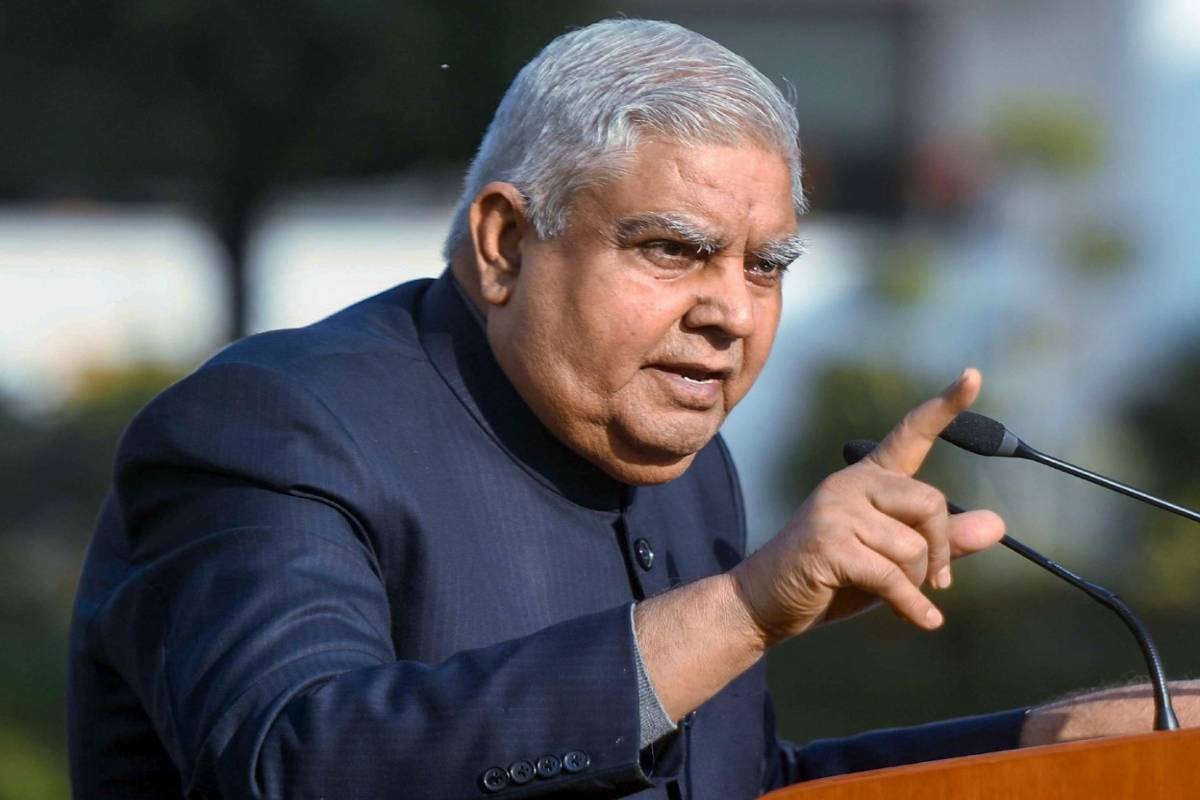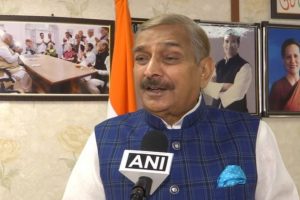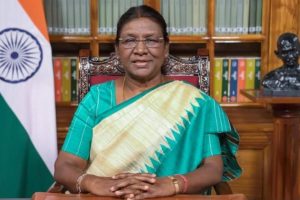Vice-President Jagdeep Dhankar on Wednesday said that the three new laws enacted a few days ago have “unshackled” the Indian Criminal Justice system from colonial legacy while keeping the “focus on justice rather than punishment”.
The Bharatiya Nyaya Sanhita, the Bharatiya Nagarik Suraksha Sanhita and the Bharatiya Sakshya bills received the assent of President Droupadi Murmu after they were passed by the Parliament. “It is a monumental and revolutionary change that the Bharatiya Dand Sanhita (Indian Penal Code) has now become the Bharatiya Nyaya Sanhita (Indian Justice Code),” Dhankar said.
He was speaking here after releasing a postal special cover to commemorate the 100th birth anniversary of legal luminary late Justice Konda Madhav Reddy, former Chief Justice of Andhra Pradesh and Mumbai High Courts.
He was happy to note that “the judiciary, executive and legislature are performing commendably and catalyzing the unprecedented rise of Bharat”.
He said that the legal landscape of Bharat has been undergoing great affirmative change in recent months, which will have a tremendous positive impact on its progress, and the welfare of one-sixth of humanity.
“During the past decade, significant strides have been made in the judicial system, emphasizing digitalization through the e-Courts Project and the National Judicial Data Grid. These have not only enhanced transparency and accessibility, but have resulted in a reduction in the pendency of cases,” Dhankar said.
He noted major legal reforms included the establishment of Commercial Courts and amendments to arbitration laws, aiming at faster dispute resolution. Initiatives like the National Legal Services Authority (NALSA) have been taken to strengthen legal aid mechanisms for the underprivileged sections of society, ensuring access to justice for all, he said.
“What is further noteworthy is that under the current Chief Justice of India, the Supreme Court has taken several critical steps including to bring justice to people in their own language,” the Vice-President added.
He termed the passing of the Nari Shakti Vandan Adhiniyam by Parliament as “another just landmark in our legal landscape”. “This law marks a long-overdue measure that will give women their rightful space in our democracy, and amplify the voice of one-half of our society.”
The Vice-President further said that the government has undertaken the “most transformative” steps through public participation, highlighting the strength of Indian democracy. “From undertaking a nationwide Swachh Bharat campaign to bringing nearly a billion people online through a path-breaking digital public infrastructure push, which has been lauded by the World Bank and IMF. Our digital transactions in 2022 were four times the combined transactions of the US, the UK, France and Germany. Our UPI is being adopted even by countries like Singapore.”
Dhankar also said that the country is witnessing a “path-breaking public infrastructure push”.
“The face of Bharat we are witnessing today is markedly different from what we have seen even a decade ago. Just a decade ago, we were part of Fragile Five, now we are the 5th largest economy in the world and on the way to becoming the third largest global economy. We have already overtaken Canada and the UK, and soon will be overtaking Japan and Germany,” he said.





